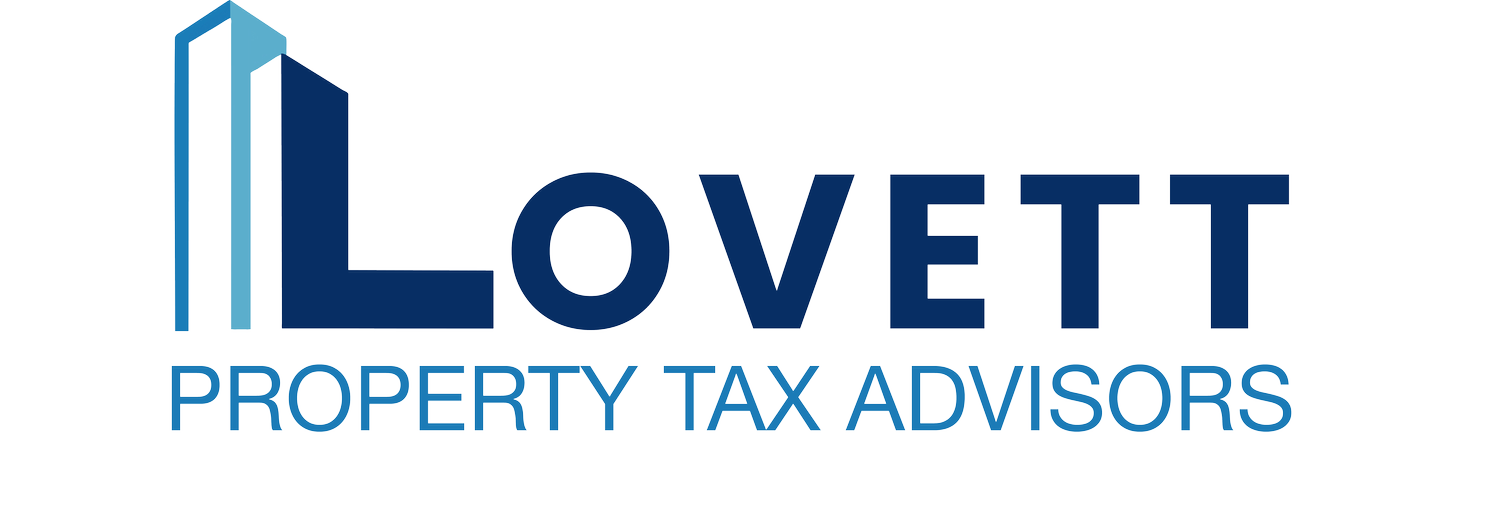Understanding Commercial Property Taxation in Florida
Introduction:
Introduction: As businesses thrive in the Sunshine State, it becomes crucial for entrepreneurs and property owners to comprehend the intricacies of commercial property taxation in Florida. Proper understanding of the tax system allows for better financial planning, compliance with legal obligations, and potential cost savings. In this blog post, we will delve into the essential aspects of commercial property taxation in Florida, shedding light on the key factors, exemptions, and considerations to help you navigate the tax landscape more effectively.
1. Property Appraisal and Assessment: Commercial property taxation in Florida begins with the property appraisal process. Local county property appraisers determine the market value of commercial properties based on their size, location, and other relevant factors. The assessed value of the property is a percentage of its market value, with commercial properties typically assessed at 100% of their just value.
2. Millage Rates and Property Taxes: Once the property has been assessed, millage rates come into play. Millage rates represent the tax rates applied to the assessed value of the property. These rates are set by various taxing authorities, including counties, municipalities, and other local governmental entities. It's important to note that millage rates may vary based on the property's location and the jurisdiction it falls under.
To calculate the property tax, you multiply the assessed value of the property by the applicable millage rate. For example, if a commercial property is assessed at $500,000 and the millage rate is 10 mills (0.01), the property tax would be $5,000 ($500,000 x 0.01).
3. Exemptions and Special Assessments: Florida provides certain exemptions and special assessments that can help reduce the tax burden on commercial properties. The most notable exemptions include the Homestead Exemption, which applies to residential properties, and the Tangible Personal Property Exemption, which exempts certain business equipment and assets from taxation.
Moreover, there are special assessments for specific purposes, such as community development districts, fire districts, and water management districts. These assessments are levied based on the services provided to the property and can vary depending on the property's location.
4. Tax Appeals and Limitations: Property owners have the right to challenge their property's assessed value if they believe it is inaccurate or unfair. Florida provides a comprehensive appeals process through which property owners can present evidence and arguments to contest the assessment. It's important to be aware of the deadlines and procedures for filing appeals, which vary depending on the county.
5. Considerations for Commercial Property Owners: To navigate commercial property taxation effectively, consider the following key factors:
a. Tax Planning: Engage with tax professionals or property consultants who have expertise in Florida's commercial property tax laws. They can provide valuable insights into potential tax-saving strategies, exemptions, and incentives available to your specific business.
b. Property Improvements: Keep track of any property improvements or additions made during the year, as they can impact the property's assessed value and subsequent tax liability.
c. Ownership Structures: Consider the most advantageous ownership structure for your commercial property. Different legal entities, such as corporations, partnerships, or limited liability companies, may have varying tax implications.
d. Changing Legislation: Stay updated on changes in Florida's tax laws, exemptions, and regulations that may impact commercial property taxation. Regularly consult official sources, such as the Florida Department of Revenue, to ensure compliance with the latest requirements.
Conclusion: Understanding the nuances of commercial property taxation in Florida is essential for property owners and businesses seeking to optimize their tax obligations. By familiarizing yourself with the property appraisal process, millage rates, exemptions, and special assessments, you can navigate the tax landscape more effectively and potentially reduce your tax liability. Moreover, staying informed about tax planning strategies and keeping up with changing legislation will contribute to better financial planning and compliance in the long run.


